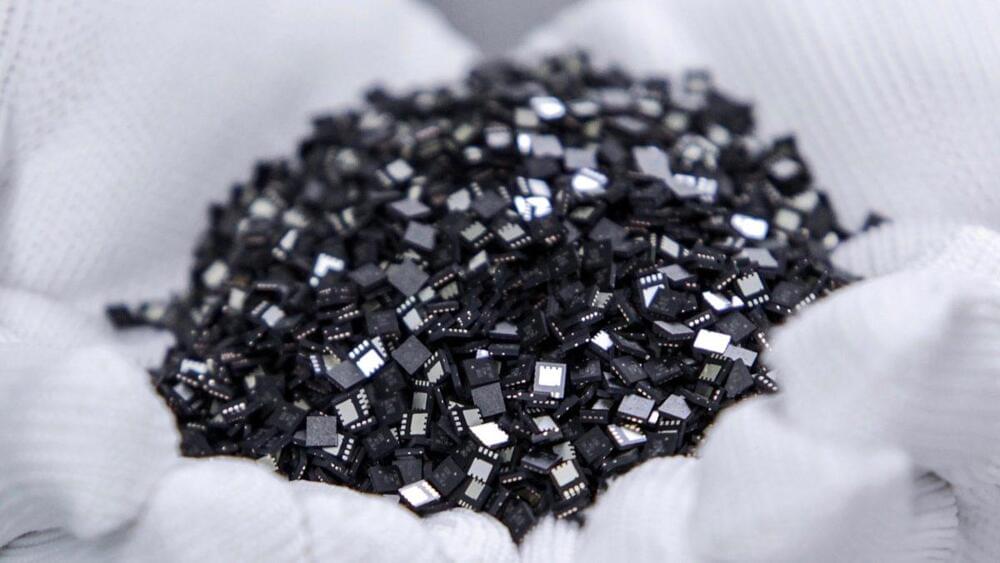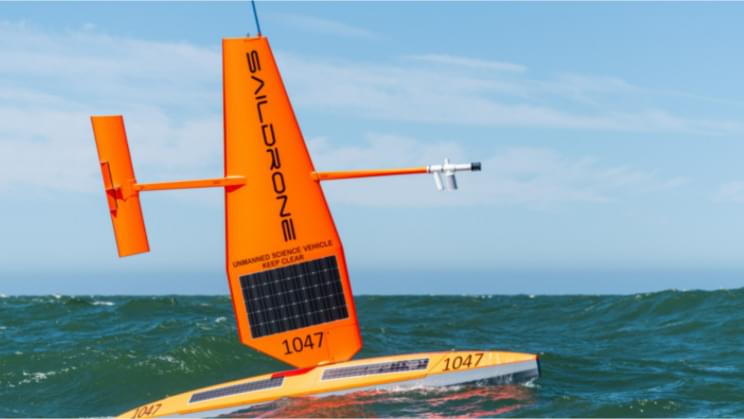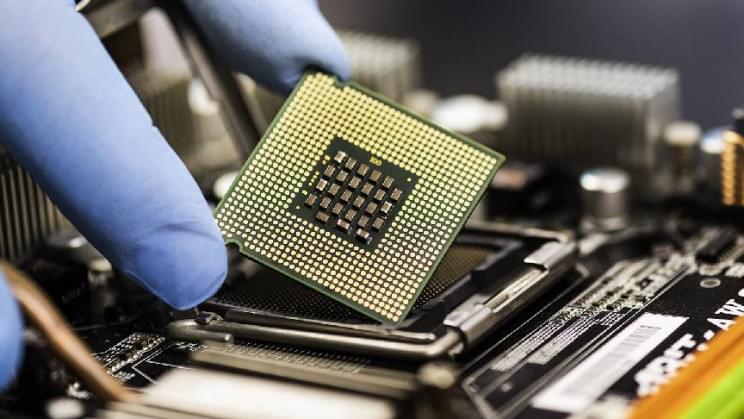
“The industry will see normalization and balance by the middle of 2022, with a potential for overcapacity in 2023 as larger scale capacity expansions begin to come online towards the end of 2022,” the research firm predicts.
Indeed, major semiconductor makers—including Intel, TSMC and Samsung—have all boosted investment in expanding chip capacity amid the current shortage. At the same time, the US government wants to spur more domestic chip manufacturing with billions in potential funding.
The big question is which sectors will see the semiconductor supplies improve to the point of overcapacity. Current shortage have ensnared a wide range of products, including PCs, graphics cards, video game consoles, in addition to cars, smartphones, and smart home devices.


















